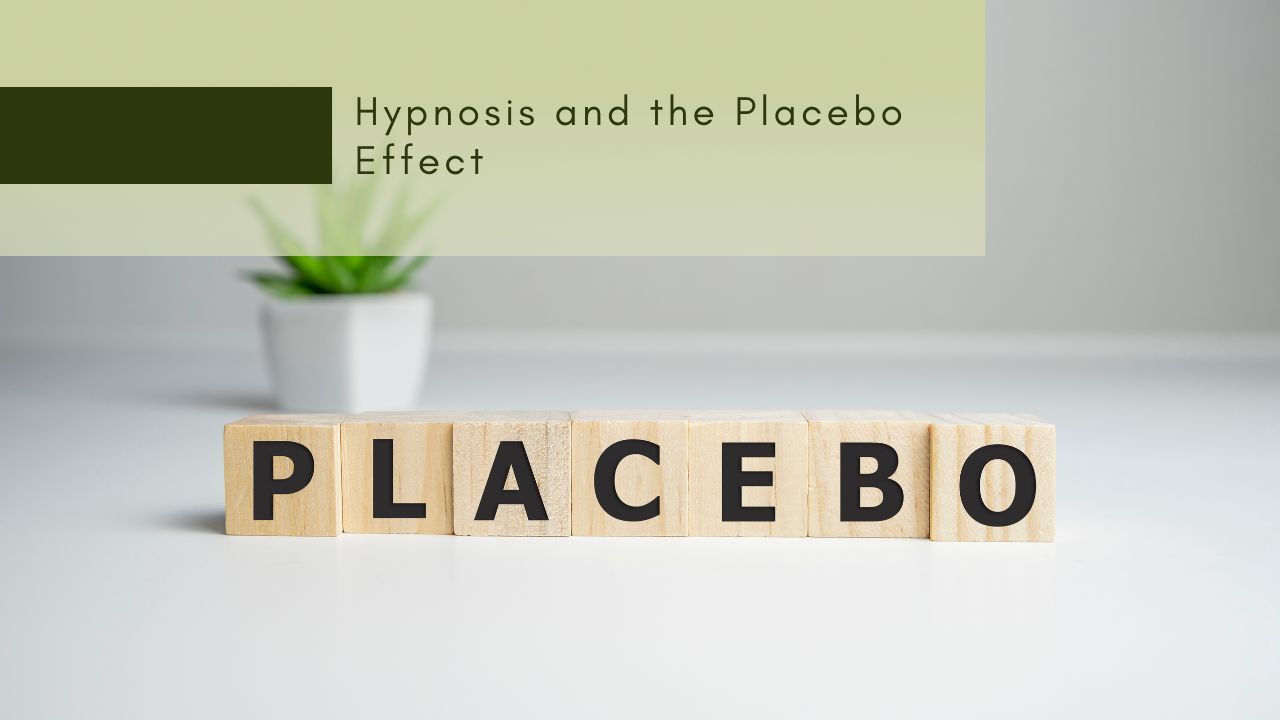Hypnotherapy for Impulse Control Disorders provides an innovative and powerful therapeutic approach for individuals struggling with these complex mental health challenges. As self-control becomes an increasingly vital skill for managing the pressures of modern life, harnessing the power of hypnotherapy can help individuals develop healthier habits and foster greater resilience against impulsive behaviors. In this article, we delve deep into the transformative potential of hypnotherapy in overcoming these disorders.
Understanding Impulse Control Disorders
Impulse control disorders are a group of psychiatric conditions characterised by difficulties in controlling one’s impulses, leading to behaviours that are often harmful to oneself or others. These disorders involve a failure to resist impulses, urges, or temptations that may be harmful or counterproductive in the long run. Impulse control disorders can have a significant impact on an individual’s personal, social, and occupational functioning. Some common impulse control disorders include:
- Intermittent Explosive Disorder (IED)
- Kleptomania
- Pyromania
- Trichotillomania (Hair-Pulling Disorder
- Excoriation (Skin-Picking) Disorder
- Pathological Gambling
- Internet Gaming Disorder
The Burden of Living with Impulse Control Disorders
Impulse control disorders can significantly impact an individual’s (and their families) quality of life and may co-occur with other mental health conditions, such as anxiety or depression. Examples of impacts can include individual or family debt due to gambling, committing crimes and associated consequences, skin infections and scaring, and baldness.
The role of Hypnotherapy in Managing Impulse Control
Hypnotherapy can help individuals address various psychological and behavioural issues, including impulse control disorders. While the effectiveness of hypnotherapy can vary from person to person, it may offer some benefits in managing impulse control problems through:
- Enhanced Self-Awareness: Individuals become more aware of their impulses, triggers, and the underlying emotions and thoughts that drive impulsive behaviours. This increased self-awareness is a crucial first step in managing impulse control.
- Relaxation and Stress Reduction: Hypnosis induces a state of deep relaxation, which can help individuals reduce stress and anxiety, both of which can exacerbate impulsive behaviours. Learning relaxation techniques during hypnotherapy sessions may be beneficial in managing impulsivity.
- Identifying Triggers: Under hypnosis, individuals may be able to uncover subconscious triggers for their impulsive behaviours. Identifying these triggers can be essential for developing strategies to avoid or cope with them more effectively.
- Building Self-Control: Hypnotherapy can assist in strengthening an individual’s capacity for self-control and willpower. Hypnotherapists often provide suggestions and imagery that reinforce self-control, empowering clients to resist impulsive urges.
- Behavioural Modification: Hypnotherapy can be used to create mental associations that discourage impulsive behaviours and promote healthier choices. For example, a hypnotherapist might help a client associate negative consequences with the impulsive act.
- Positive Reinforcement: Sessions can incorporate positive reinforcement techniques, such as visualization and suggestion, to encourage and reinforce desired behaviours and self-control.
- Goal Setting: Hypnotherapy can be used to set and reinforce goals related to managing impulse control. This can help individuals stay motivated and committed to change.
Real-Life Success with Hypnotherapy Treatments
Research on the effectiveness of hypnotherapy for impulse control disorders is limited compared to more established therapies like cognitive-behavioral therapy (CBT) or medication. However, some studies and anecdotal reports suggest that hypnotherapy can be a useful adjunct to treatment for impulse control issues. Below are a few studies and findings related to the use of hypnotherapy in managing impulse control:
- Kleptomania: A case study published in the “American Journal of Clinical Hypnosis” in 2017 reported positive outcomes in treating kleptomania with hypnotherapy. The study described the successful use of hypnosis in reducing the frequency and intensity of stealing episodes in a patient.
- Trichotillomania: A small pilot study published in the “Journal of Clinical Psychology” in 2007 explored the use of hypnotherapy to treat trichotillomania. The study reported that participants who received hypnotherapy experienced a significant reduction in hair-pulling behaviours and an improvement in symptoms compared to those who received a control treatment.
- Impulse Control in General: A review of the literature on hypnotherapy for impulse control disorders published in the “American Journal of Clinical Hypnosis” in 2013 found some evidence supporting the use of hypnotherapy in managing impulsive behaviours.
Getting started with Hypnotherapy for Impulse Control
Look for a hypnotherapist who works with impulse control issues.
Ensure they are accredited and licensed in your area and check their credentials and reviews.
At Livewell Hypnotherapy we offer online and onsite services for our local clients. You can book a complementary and obligation free online call to discuss you needs and goals and use this opportunity to ask questions about our approach, experience, and how hypnotherapy can help you specifically. During the call, be open and honest about your experiences, including any emotional, psychological, or physical challenges you’re facing. We will work with you to develop a personalised treatment plan tailored to your needs. Treatment for impulse control disorders often involves a combination of psychotherapy, medication, and support to help individuals gain better control over their impulses and improve overall well-being and the hypnotherapist may advise working in coordination with other medical providers during your program.




